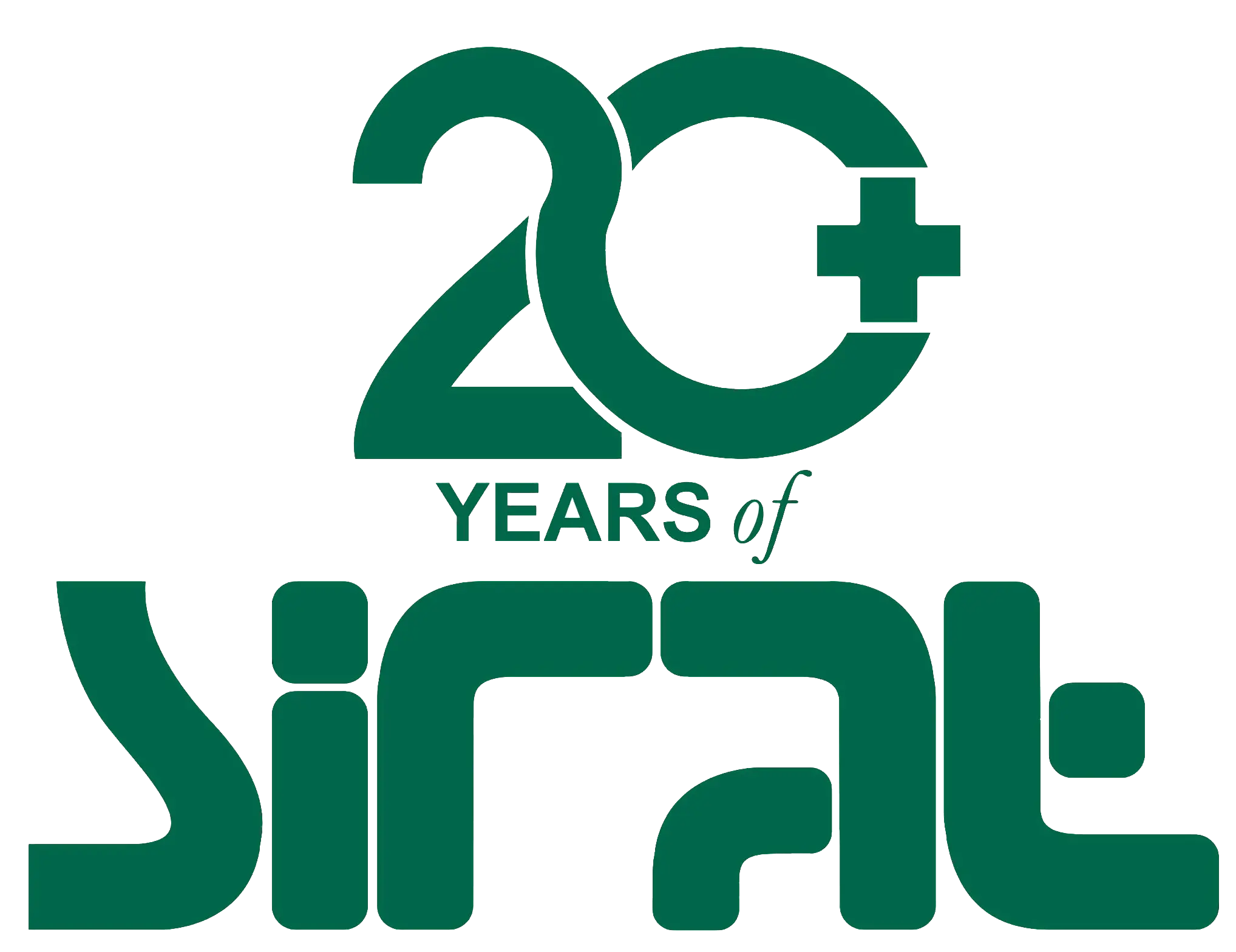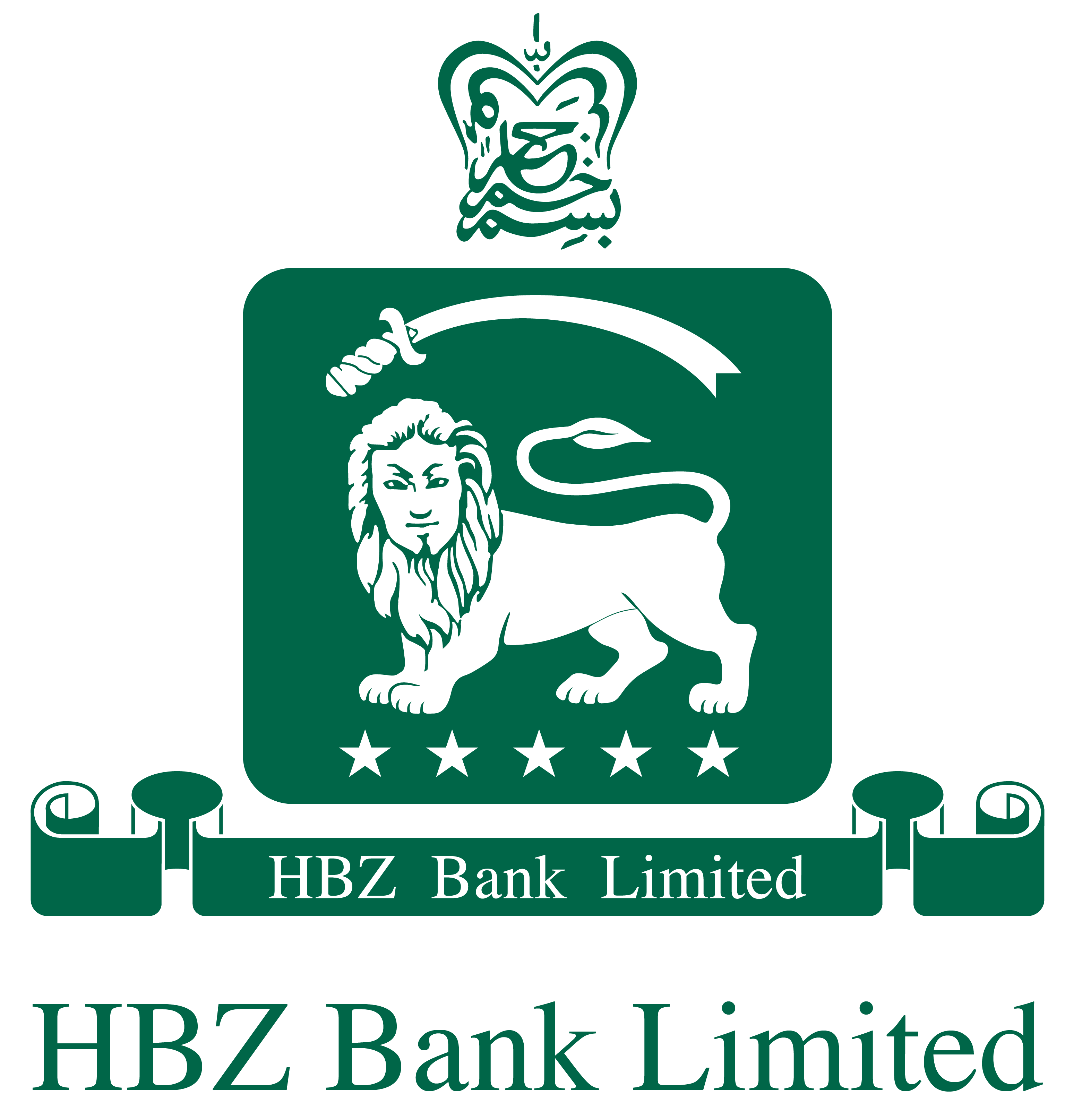In today’s rapidly evolving financial landscape, the demand for ethical and inclusive banking solutions has grown significantly. One such approach that has gained global recognition is Islamic financing. Rooted in the principles of Shariah law, Islamic finance offers a unique alternative to conventional banking, emphasising fairness, transparency, and risk-sharing.
This blog explores the core principles of Islamic financing, its key products, and how it stands apart from traditional banking systems. Whether you are new to the concept or seeking to deepen your understanding, this guide will provide valuable insights into this growing financial paradigm.
What is Islamic Financing?
Islamic financing is a system of banking that operates in accordance with Islamic law (Shariah). Unlike conventional banking, which relies heavily on interest-based transactions, Islamic finance prohibits the payment or acceptance of interest fees (known as riba). Instead, it promotes profit-and-loss sharing, asset-backed financing, and ethical investments that contribute positively to society.
The foundation of Islamic finance lies in its adherence to Shariah principles, which emphasise justice, equity, and mutual benefit. This ensures that financial transactions are conducted in a manner that is fair to all parties involved, fostering trust and long-term relationships.
Core Principles of Islamic Financing
Islamic financing is guided by several key principles that distinguish it from conventional banking:
1. Prohibition of Riba (Interest)
The most well-known principle of Islamic finance is the prohibition of riba. In conventional banking, interest is charged on loans and paid on deposits. However, Islamic finance deems this practice exploitative and unjust. Instead, financial institutions and clients engage in profit-sharing arrangements or asset-based transactions.
2. Risk-Sharing
Islamic finance promotes the concept of risk-sharing between the bank and its clients. In contrast to conventional loans, where the borrower bears all the risk, Islamic financing structures ensure that both parties share the risks and rewards of an investment. This fosters a sense of partnership and mutual responsibility.
3. Asset-Backed Financing
All Islamic financial transactions must be backed by tangible assets. This means that money cannot be created out of thin air or used for speculative purposes. Instead, financing is tied to real economic activities, such as trade, manufacturing, or infrastructure development.
4. Ethical Investments
Islamic finance prohibits investments in industries or activities that are considered harmful or unethical, such as gambling, alcohol, or tobacco. This ensures that funds are channelled towards socially responsible and sustainable projects.
5. Transparency and Fairness
Transparency is a cornerstone of Islamic finance. All terms and conditions of financial agreements must be clearly stated, and both parties must fully understand their rights and obligations. This promotes trust and reduces the likelihood of disputes.
Key Products in Islamic Financing
Islamic finance offers a range of products designed to meet the diverse needs of individuals and businesses. Some of the most popular products include:
1. Murabaha
Murabaha is a cost-plus financing arrangement commonly used for purchasing assets or goods. The bank buys the asset on behalf of the client and sells it to them at a marked-up price, payable in instalments. This allows clients to acquire assets without resorting to interest-based loans.
2. Diminishing Musharakah
Diminishing Musharakah is an Islamic financing model often used for asset acquisition. The bank and client jointly purchase an asset, with the client gradually buying out the bank’s share through periodic payments. Meanwhile, the client pays rent for the bank’s portion, which decreases as ownership increases. This Shariah-compliant structure avoids interest, promotes risk-sharing, and ensures fair wealth distribution.
Benefits of Islamic Financing
Islamic financing offers numerous benefits, making it an attractive option for a wide range of clients:
- Ethical & Socially Responsible: By adhering to Shariah principles, Islamic finance ensures that financial activities are conducted in an ethical and socially responsible manner
- Inclusive: Islamic finance is accessible to individuals of all faiths, offering a fair and transparent alternative to conventional banking
- Risk Mitigation: The emphasis on risk-sharing and asset-backed financing reduces the likelihood of financial instability and promotes sustainable growth
- Economic Development: By channelling funds into real economic activities, Islamic finance contributes to job creation and infrastructure development
Conclusion
Islamic financing represents a paradigm shift in the world of banking, offering a system that prioritises ethics, fairness, and inclusivity. Its principles of risk-sharing, asset-backed financing, and ethical investments make it a viable alternative for those seeking financial solutions aligned with their values.
At HBZ Bank Limited, we are committed to providing innovative and Shariah-compliant financial products tailored to your needs. Whether you are looking to purchase a home, finance a business, or invest ethically, our Islamic financing solutions are designed to help you achieve your goals while adhering to your principles. Explore our range of Islamic financing products today and take the first step towards a more ethical and inclusive financial future. Feel free to contact us for personalised assistance.

